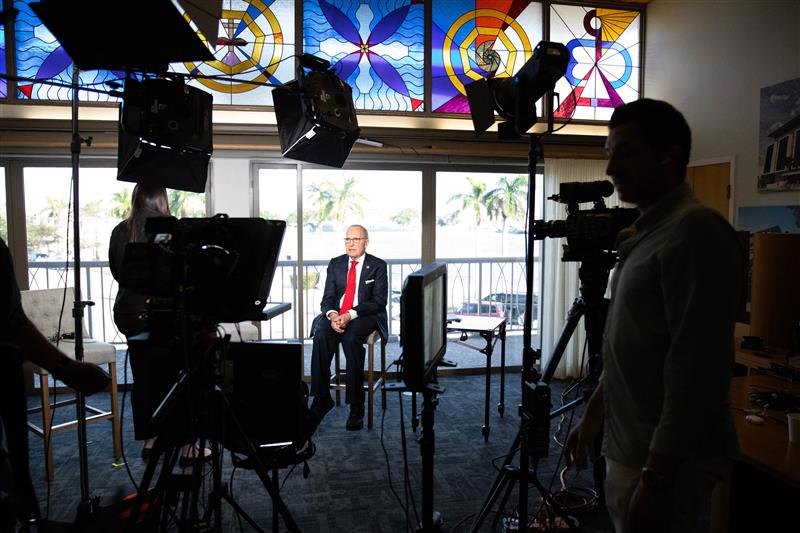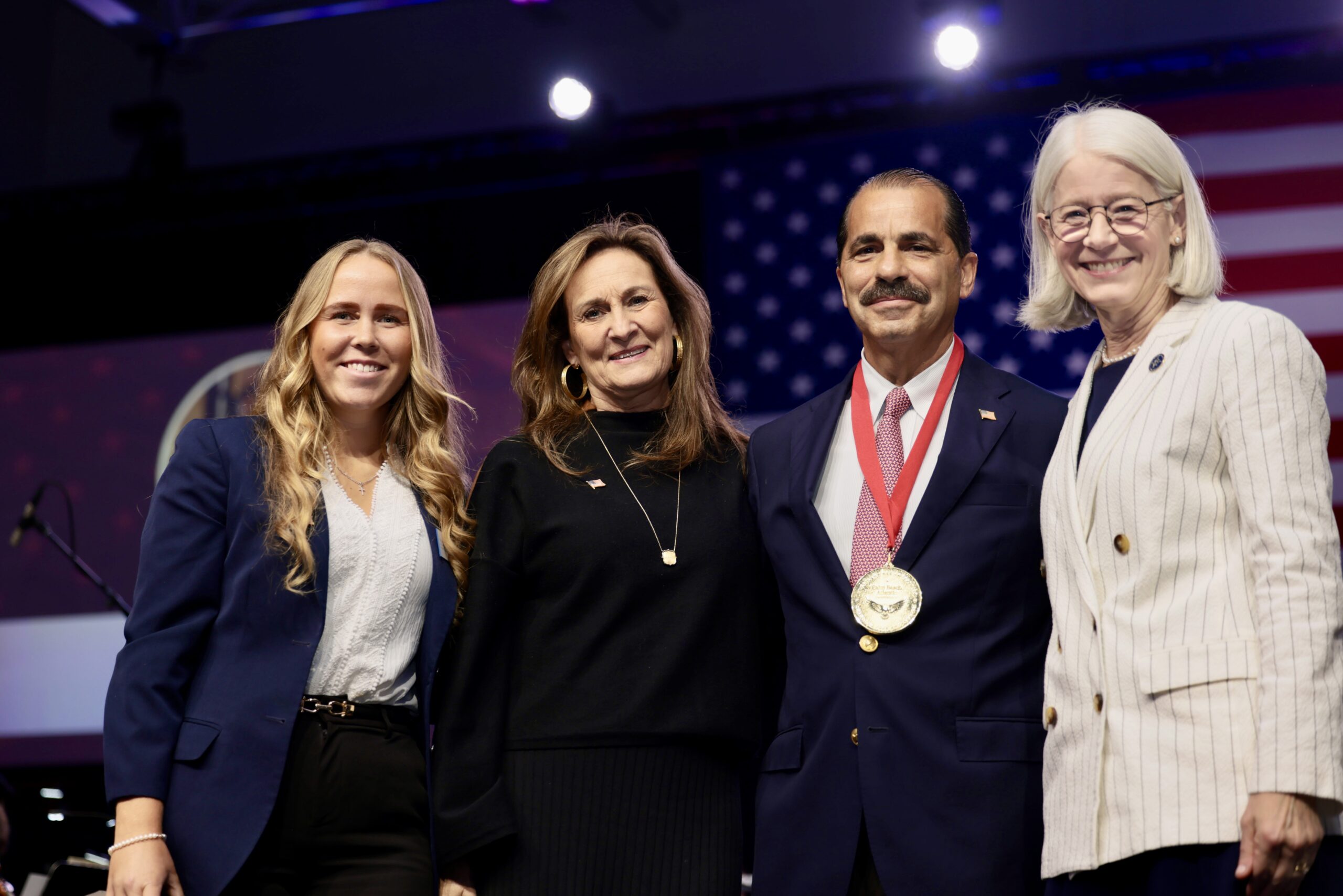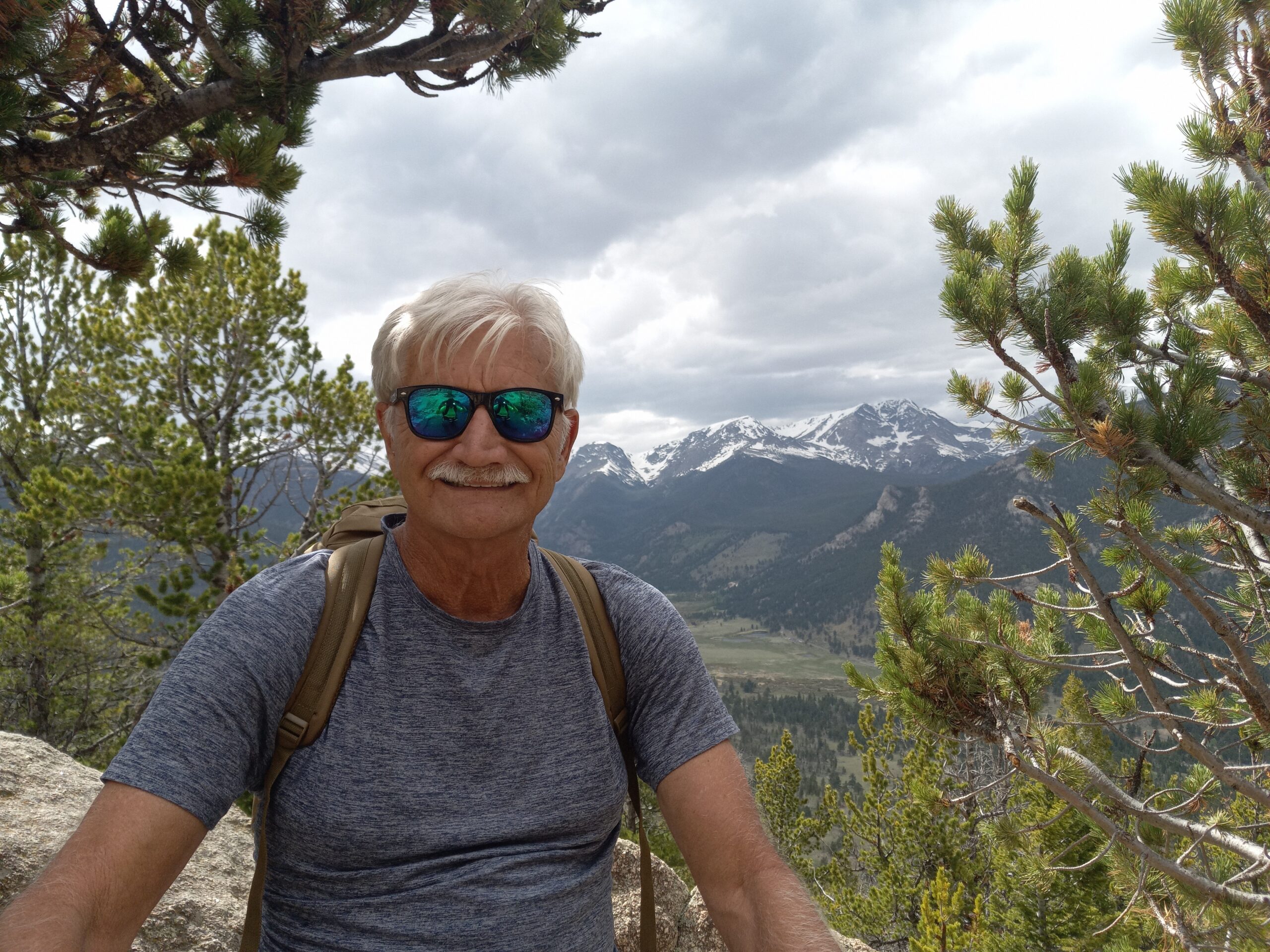Sarah Vielot and Johanna Wolz — the first two students to earn their master’s degrees in global development — graduated Monday with the tools and experience to be international problem-solvers.
The University’s newest master’s program takes a multi-disciplinary approach to development by training students in business, economics, politics, culture and ethics. Students work to solve development problems through eight weeks of immersive fieldwork in partnership with nonprofit organizations.
The first cohort in the two-year, evening program began in the fall of 2017. Dr. Craig Hanson, associate professor of philosophy, spearheaded its creation and directs the program.
“We need a very different kind of leadership on the planet with the way that Christians become engaged in the world,” Hanson said. “The new generation of leadership needs an updated skill set.”
Students may earn a joint master’s degree in business administration and global development by adding an extra semester to the program. PBA’s program does not draw solely on one academic discipline, nor does it force students to choose between policy or theology, Hanson said.
It is that “well-rounded, holistic nature of the degree” that drew Wolz ’14 back to PBA for her master’s after earning a bachelor’s in cross-cultural studies. She’s always been interested in healthcare but not nursing or work of that nature. Her degree coursework exposed her to other opportunities in healthcare.
During her field experience, Wolz worked with a nonprofit to determine if free healthcare in refugee camps in northern Uganda creates dependency that causes South Sudanese refugees to stay longer. It only took about an hour of interviews to find out that isn’t the case.
The team shifted its focus to improving maternal healthcare. Students recommended adding handwashing stations in each healthcare facility, washing hands between patients and hiring refugees to provide reliable medical translation.
“Each little thing could have a massive impact on the quality of care,” Wolz said.
In Vielot’s fieldwork in Costa Rica, her three-person team worked with a successful entrepreneur to redevelop the agricultural system. The team presented its plan to that country’s secretary of agriculture before they left, and he was so impressed that the country decided to adopt it.
“She’s proven that she can plan an entire agricultural program for the federal government of a foreign nation,” Hanson said.
Vielot ’17, who earned her undergraduate degree in cross-cultural studies, now has a full-time job as a project manager for Dedicated IT, a local computer support services company. The job grew from an internship Vielot completed during the master’s program. In her role, she listens to the problems that the team encounters and figures out how to solve them — skills that she learned through her global development coursework.
Although the program is geared toward social development, it incorporates many business concepts, such as identifying inefficiencies and using data to determine profitability, Vielot said.
“Poverty ends up coming out of unsustainable businesses that don’t know how to help each other and don’t know how to help out in the community,” Vielot said. “If you have an efficient business, you will reduce the probability of poverty within that community.”
In Costa Rica, her team studied what made the agricultural sector inefficient, why so many farmers had problems and why government-given solutions weren’t working. They proposed consolidating subsistence farming, incorporating innovation in agriculture and transforming education to incorporate agriculture and business expertise, she said.
In her PBA coursework, Vielot learned about agriculture, policy and microfinance.
“This program really was diverse enough that I’m learning something from every single sector,” Vielot said. “Whatever my passion was, they geared the program around.”


